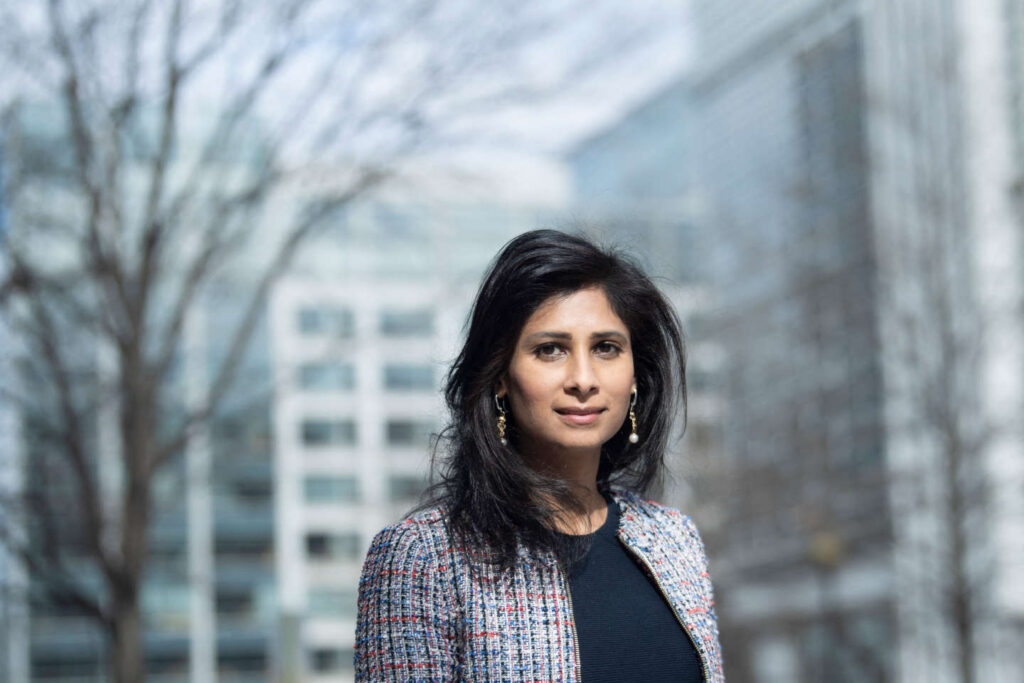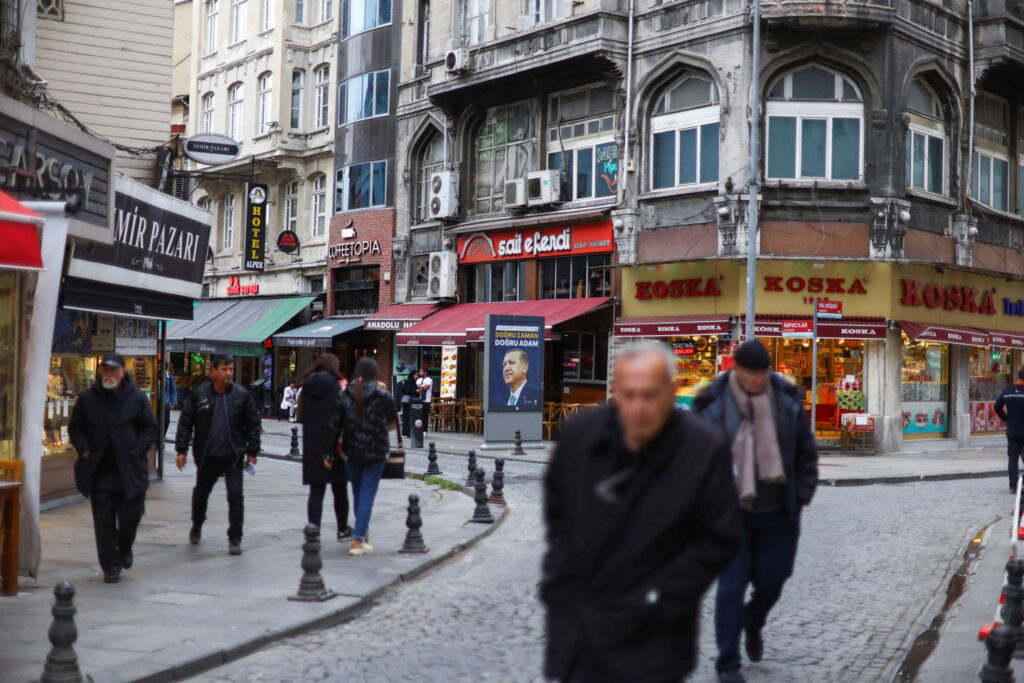VSCovid-19, conflict in Ukraine, climate change, inflation… Africa is shaken by crises for which it is not responsible, without our having our say in the decisions that would allow us to deal with them. We are therefore proposing today three measures that would support our countries in the fight against poverty and climate change, mainly by giving the World Bank the means to triple its financing, to lend 1,200 billion dollars (1,098 million euros) to low- and middle-income countries over the next ten years.
Crises hit us hard. If, in 2022, inflation in the United States reached 9.1%, the impact on our States was even greater, since the median headline inflation in Africa was 10.3%. The rise in prices even reached 21.5% in Nigeria and 33.8% in Rwanda. The measures taken by advanced economies to respond to this have exacerbated the difficulties we face. Efforts by the Federal Reserve to counter this phenomenon in the United States, for example, are leading to an increase in payments to service our debts, further eroding our ability to react to crises.
The US Inflation Act and the European Green Deal prove that this extraordinary time demands extraordinary measures. But the status quo that allows rich countries to take action to protect their economies and prepare for climate change does not offer the same luxury to African states. It is time to include vulnerable nations in this thinking, because the risks and opportunities have never been greater.
If the necessary investments are not made available in time, this could lead to a “lost decade” for the development of our continent – with all the humanitarian and stability implications that entails.
An unexplained increase
Yet the investment opportunities are enormous. When it comes to climate change, Africa is not part of the problem, but part of the solution. The continent accounts for just 4% of global CO₂ emissions, but holds 60% of the best solar potential, 50% of the world’s wind capacity, 71.4% of the cobalt, 76% of the platinum and 58% of the manganese on the planet – essential minerals for the energy transition of the whole world. We are already taking steps to green our economies. In 2021, 81% of Kenya’s energy came from renewables. But, here again, we are held back by an unjust and obsolete international system.
You have 62.63% of this article left to read. The following is for subscribers only.



